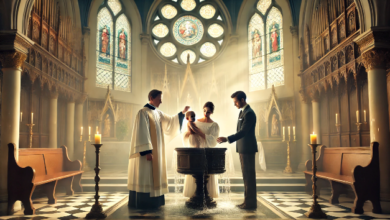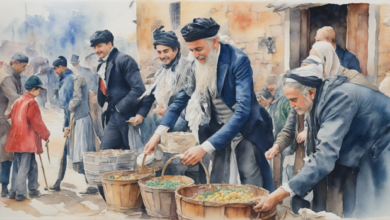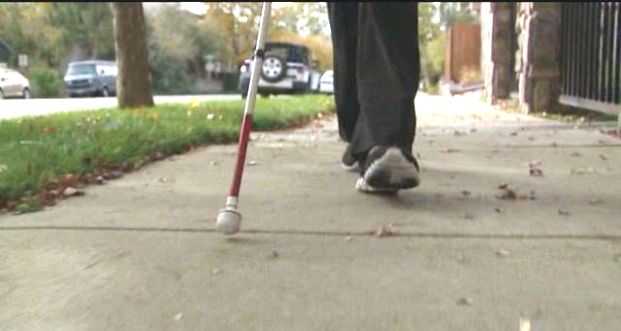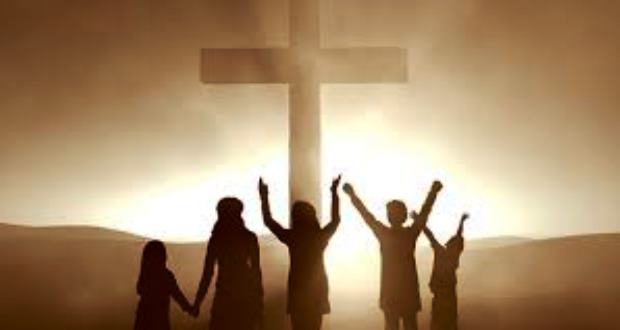Who Can Be Pope? Understanding the Requirements and Role of the Supreme Pontiff
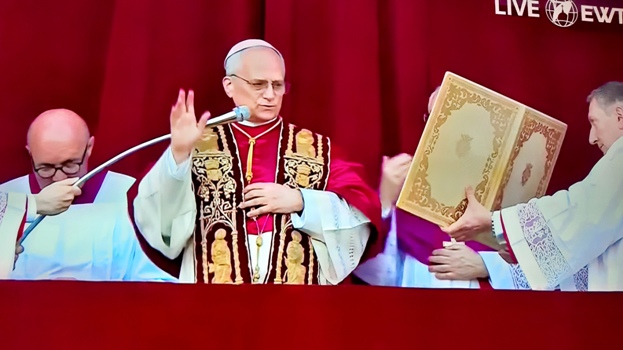
What Does It Take to Be Pope? The Requirements and Expectations of the Vicar of Christ
Every time a new pope is elected, the world watches in awe and anticipation. But have you ever wondered: Who can become pope? What are the requirements? What is expected of the one who wears the Fisherman’s Ring and shepherds over a billion Catholics?
Let’s take a closer look at the role of the pope—his qualifications, his duties, and whether every pope has always started as a bishop.
1. Who Can Be Elected Pope?
Technically speaking, any baptized Catholic male is eligible to be elected pope.
But in practice, only cardinals—specifically those under the age of 80—are considered. This is not a Church law, but a long-standing custom rooted in practicality, discernment, and ecclesial unity.
Canon Law does not require the pope to be a bishop, but:
- If the person elected is not already a bishop, he must be immediately ordained as a bishop, because the pope is, by definition, the Bishop of Rome.
2. Have There Been Popes Who Were Not Bishops?
Yes—historically, yes.
In the early Church and throughout the Middle Ages, there were instances where men who were priests, deacons, or even laymen were elected pope. They were ordained as necessary before assuming full papal authority.
Example:
- Pope Leo X (Giovanni de’ Medici) was elected in 1513 at age 37. He was a cardinal-deacon, not yet a priest or bishop. He had to be ordained a priest and then a bishop immediately after his election.
However, in modern times, this is virtually unheard of. Since the 20th century, all popes have been cardinals and bishops before election.
3. What Are the General Requirements?
Though not written in stone, here are the practical and spiritual expectations:
- Male, baptized, Catholic
- Deep theological understanding
- Proven leadership in the Church
- Loyalty to Catholic doctrine and moral integrity
- Willingness to serve until death or resignation
- Ideally, already a bishop and member of the College of Cardinals
4. What Is Expected of a Pope?
The pope is not just a global figurehead—he is entrusted with sacred responsibility:
Spiritual Duties:
- Teach and defend the faith (as the Church’s supreme teacher)
- Lead the universal Church in unity and doctrine
- Appoint bishops and guide clergy around the world
- Call and oversee synods and councils
- Proclaim canonizations and beatifications
- Be a sign of unity and spiritual father to the faithful
Administrative Duties:
- Govern the Vatican City State
- Lead the Roman Curia (the administrative arm of the Church)
- Oversee Church law, finances, diplomacy, and pastoral planning
Global and Pastoral Expectations:
- Be a witness of Christ’s mercy and justice
- Speak out on moral, social, and humanitarian issues
- Serve as a bridge-builder among nations and faiths
- Lead by example, in humility, courage, and prayer
5. More Than a Title: A Lifelong Vocation
The role of the pope is not just a position—it’s a mission. His title, “Pontifex Maximus,” literally means “supreme bridge-builder”—a spiritual link between God and His people, and between heaven and earth.
From Saint Peter to Pope Francis, each pontiff brings his own personality, challenges, and gifts. But all are called to the same: to follow Christ, feed His sheep, and lay down their lives for the Church.
Final Thought:
The conclave doesn’t just choose a man. It calls forth a shepherd, a servant, and a rock—one who will carry the weight of the keys, trusting not in his own strength, but in the guidance of the Holy Spirit.


